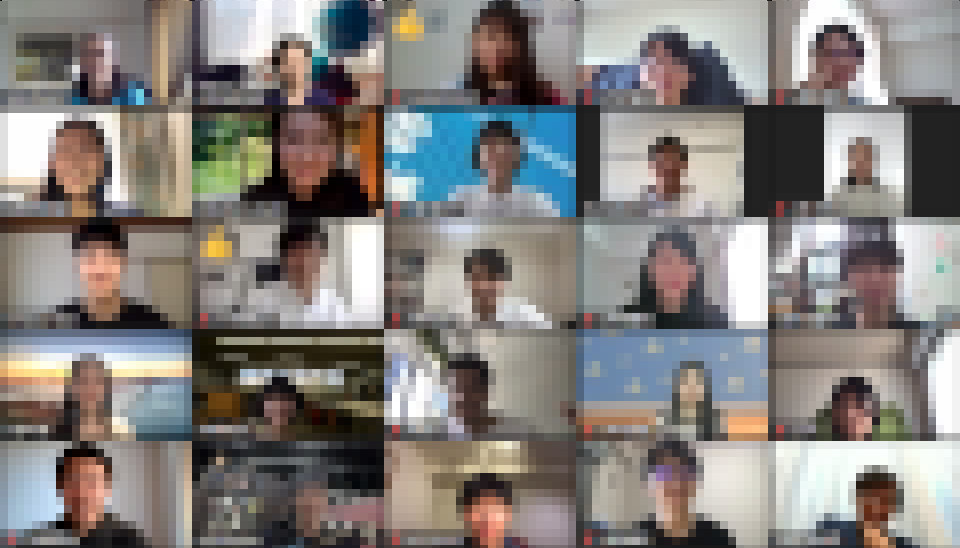- HOME
- Activities
- Forum List
- Forum Details
May.30.2020 KIP Forum "Changes in the movement of people through the spread of on-line systems"

Introduction for the lineup of forums
The May Online Forum took place on Saturday, May 30. This time, Mr. Tetsu Imai, a member of KIP Almuni, explained us about the movement of people after the lifting of the state of emergency. Then we discussed how this movement in Japan will change in the prosess of online businesses and courses are being introduced. In addition, we engaged in a workshop from this viewpoint,“How can we encourage more people to visit four remote prefectures continually?”
What you thought through the forum
Firstly, Mr. Imai pointed out that, in the with-/post-corona world, there were three important aspects in thinking about the domestic movement of people -the symbiosis with the virus, the shift in our mindset, the changes in our travel forms. – Here is the summary of his explanation. Due to the higher risk of infection, the war with the Covid-19 is said to last long. We are about to live in an age when living “with corona” will be inevitable. Under this circumstance, measures are taken to reduce human contacts in everyday life. The online systems are spreading rapidly in services, businesses and studies. Meanwhile, this kind of change makes us aware again of the significance of living in the “real” world. Actually, during the stay-at-home period, many people fully recognized the true meanings of the time spent privately and face-to-face communication. This leads to the shift in the form of our movement, from daily outgoing to more purposeful travel. As a result, the movement in sum will decline. However, since we will be able to gain necessary information for our lives even if we do not live in cities, working and living environments will be varied. Therefore, many people will choose to move to subrubs or remote regions, especially after the corona is over.
After Mr. Imai’s presentation, we discussed mainly about whether on-line systematization would facilitate the movement to remote districts. Those in favor claimed that the separation of one’s life and work would invoke I-tern phemomenon, such as having a weekend house there. Those opposed said that without the development of mobile infrastructure, medical systems and travel costs, it would be difficult to promote this movement. Besides, some participants insisted that we consider the international affaris in cosidering the flow of people in this country.
Based on this debate, we worked in groups to plan how encourage more people to visit highly romote prefetures (Akita, Fukushima, Mie and Yamaguchi). A workshop was the first attempt in the KIP Forum. Although the discussion time was demanding, each group made a nobel proposal to increase the number of repreat travelers by firms, students as well as tourists, on the basis of geographical and industrial features of each prefecture.
At the end of this event, we talked about the ways of bringing in timely approaches while preserving the tradition of the districts. We came to the conclusion that we should need to create trust within the community, organized by cooperations, admininstrations and local citizens. In this way, we will be able to strike a balance between the old and the new, making remote areas more attractive to many.
Ortega once brought up a concept, “All and Together” in The Revolt of the Masses. This suggests that we must remember who we are in the general public. Through this forum, I thought it would be essential for us to have an idea, “Together and Alone.” Each person takes some time to think about themselves, the present and the future seriously. At the same time, we need to work together with others to handle social alternations and issues. In my opinion, we need to take such attitude at this moment.
(Haruki Kawakami, Junior, Faculty of Law, the University of Tokyo)


